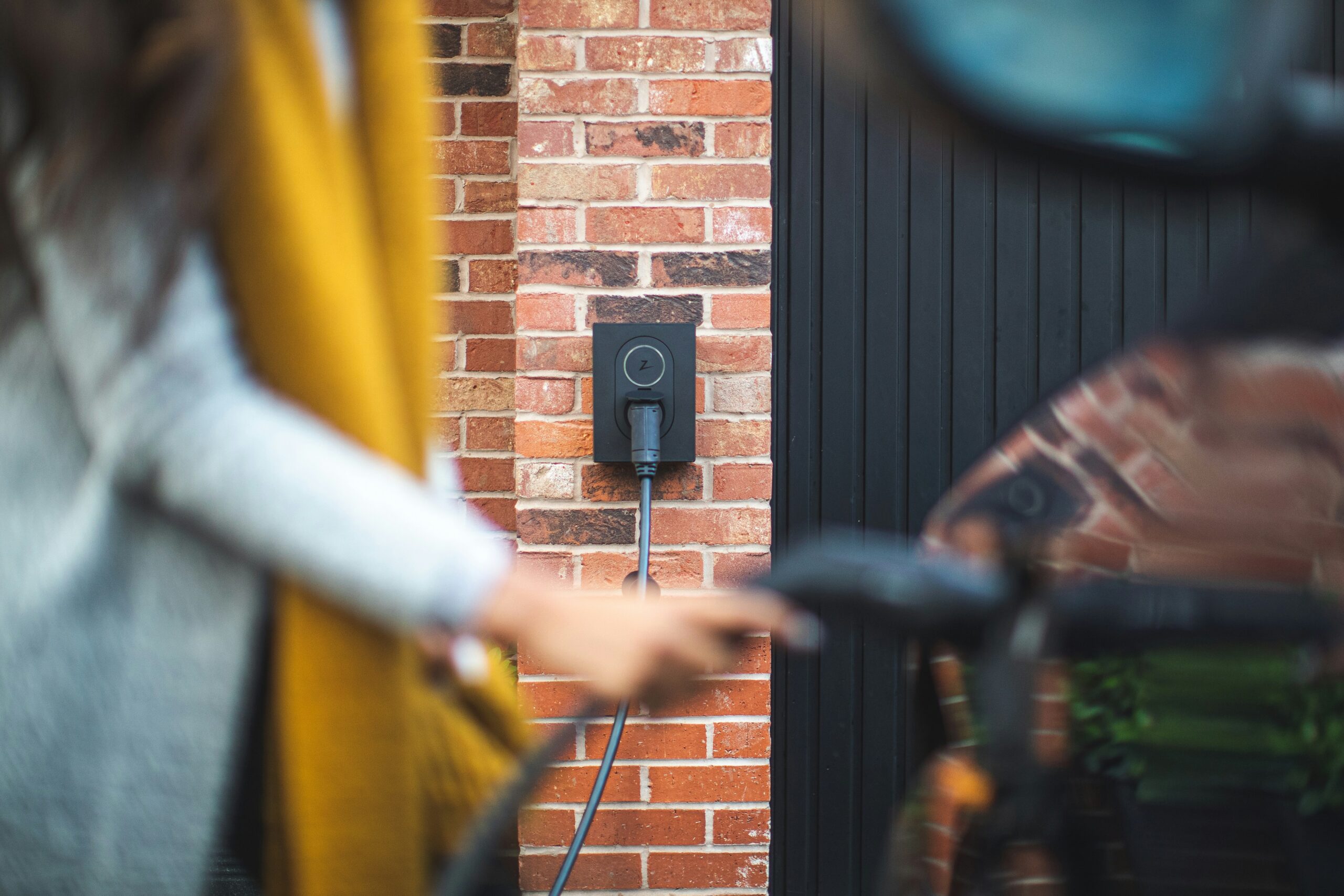
EV Charging Stations in the UAE: A Comprehensive Guide
Introduction to EV Charging Infrastructure in the UAE
The rise of electric vehicles (EVs) signifies a transformative shift in the global automotive industry. In the UAE, this trend is gaining significant traction, driven by a combination of environmental awareness and governmental support. As cities worldwide move towards sustainable living, electric vehicles present a viable solution to reduce greenhouse gas emissions, particularly in urban settings. The cornerstone of this revolution is the robust EV charging infrastructure that facilitates the widespread adoption of EVs.
For potential EV owners, the availability and convenience of EV charging stations are quintessential factors. Charging infrastructure not only affects the operational convenience of electric vehicles but also their market acceptance. In the UAE, a concerted effort is evident in cities like Dubai, Abu Dhabi, and Sharjah, which are at the forefront of deploying extensive EV charging networks. These cities are spearheading the establishment of accessible and efficient charging points, thus paving the way for eco-friendly transportation solutions.
Dubai, known for its ambition and innovation, has set an example by integrating numerous EV charging stations across key locations. Similarly, Abu Dhabi is rapidly expanding its charging infrastructure, reflecting its commitment to sustainable urban mobility. Sharjah, with its proactive environmental policies, is also making strides in supporting EV adoption by enhancing its charging station network.
Understanding the growing importance of electric vehicles and the infrastructure that supports them is crucial for both current and prospective EV owners. This comprehensive guide delves into the various facets of EV charging stations in the UAE, providing insights that can help demystify the transition to electric vehicles. By exploring the intricate relationship between EVs and their charging networks, readers will gain a nuanced perspective on how these developments are shaping the future of transportation in the UAE.
Locations of Public Charging Stations in Major Cities
For electric vehicle (EV) owners in the UAE, knowing where to find public charging stations is crucial. Throughout major cities like Dubai, Abu Dhabi, and Sharjah, charging infrastructure has significantly expanded to meet the growing demand for electric vehicles. This comprehensive overview highlights key locations and resources to ensure that EV drivers can conveniently access charging facilities.
In Dubai, a variety of public charging stations are strategically placed to provide maximum convenience. Popular shopping malls such as The Dubai Mall, Mall of the Emirates, and Dubai Festival City Mall feature dedicated EV charging points within their parking facilities. Public parking areas, including those near Dubai’s metro stations and major landmarks like the Burj Khalifa and Dubai Marina, also host multiple charging stations. Additionally, numerous municipal parking lots are equipped with EV chargers, expanding accessibility across the city.
Moving on to Abu Dhabi, the capital city boasts an expanding network of EV charging stations. These can be found at prominent locations such as Yas Mall, Marina Mall, and Galleria Al Maryah Island. Public parking spaces in areas like Corniche Road, Saadiyat Island, and the Abu Dhabi National Exhibition Centre (ADNEC) are well-equipped with charging facilities. Additionally, Abu Dhabi’s strategic initiatives have led to the incorporation of charging points in urban and residential developments, ensuring widespread availability.
In Sharjah, the focus on sustainable development has resulted in the installation of numerous EV charging stations. Key locations include Sahara Centre, Mega Mall, and Al Qasba, making it convenient for shoppers and visitors to charge their vehicles. Public parking areas near city parks, cultural landmarks, and the University City also feature EV chargers, reflecting the city’s commitment to promoting green mobility solutions.
For real-time information on the locations of public charging stations, several apps and websites offer up-to-date details. Platforms such as PlugShare and ChargePoint provide interactive maps and user reviews of charging points, while the Dubai Electricity and Water Authority (DEWA) app offers insights into available charging stations across Dubai. Similarly, the Abu Dhabi Department of Energy’s app facilitates easy location of charging points in the capital. Utilizing these resources ensures that EV drivers in the UAE can plan their trips with confidence, knowing that an expansive and growing network of public charging stations is readily available.“`html
Types of Chargers and the Cost of Charging
Electric Vehicle (EV) charging infrastructure in the UAE is robust, offering a range of options to meet diverse consumer needs. These primarily include Level 1, Level 2, and DC fast chargers. Each type of charger varies in terms of charging speed, compatibility with different EV models, and optimal use scenarios, allowing users to select the most appropriate option for their circumstances.
Level 1 chargers are the most basic and widely accessible, using a standard household outlet (120 volts) to deliver a slow, consistent charge. This makes them ideal for overnight charging at home or for users who do not require rapid charging. The time taken to fully charge a vehicle with a Level 1 charger can range from 8 to 20 hours, depending on the EV model’s battery capacity.
Level 2 chargers, significantly faster than Level 1, typically use a 240-volt outlet, akin to those used for large home appliances. These are prevalent at public charging stations, workplaces, and residential complexes. Charging an EV with a Level 2 charger often takes 4 to 6 hours, making them suitable for users seeking efficient charging options during the day.
Lastly, DC fast chargers represent the pinnacle of charging technology, capable of recharging an EV battery up to 80% within 30 minutes. Utilizing direct current (DC) rather than alternating current (AC), they are predominantly found at commercial locations such as highway rest stops and major public hubs. These fast chargers are ideal for long-distance travelers requiring quick recharging intervals.
The cost of charging an EV at public stations can vary across the UAE. While some public chargers offer pay-per-use models, others provide subscription-based plans with monthly fees. For example, a pay-as-you-go plan might charge per kilowatt-hour (kWh) used, whereas membership plans may include unlimited charging for a fixed fee. Additionally, under various government initiatives, the UAE offers subsidies and incentives to promote EV adoption, often reducing the expenses associated with public charging.
In summary, the diversity in charger types, from slow Level 1 to rapid DC fast chargers, provides flexible and accessible solutions for all EV users. Understanding these options, along with the associated costs and potential financial incentives, is crucial for making informed decisions about EV charging in the UAE.
Setting Up a Home Charging Station and Future Expansion Plans
Setting up a home charging station for your electric vehicle (EV) in the UAE requires careful planning and adherence to specific guidelines. To begin, it’s essential to consider the electrical requirements, which typically include a dedicated circuit and sufficient electrical capacity to handle the charging load. Consulting with your local electricity provider, such as the Dubai Electricity and Water Authority (DEWA), can help ensure that your home’s electrical system is compatible with the installation of an EV charger.
Installation must be performed by a certified electrician to meet safety standards and regulatory compliance. The electrician will assess the best location for the charging unit, install the necessary wiring and charging outlet, and test the system to verify proper operation. Costs for setting up a home charging station can vary depending on the complexity of the installation and the type of charger selected, but typically range between AED 2,000 and AED 4,000.
The UAE is actively expanding its EV charging infrastructure to accommodate the growing number of electric vehicles. DEWA is a key player in this initiative, with plans to increase the number of public charging stations significantly throughout Dubai. Additionally, companies like Tesla have been instrumental in enhancing the EV charging network by installing Supercharger stations at strategic locations across the country.
Future plans also include the integration of advanced technologies such as high-speed charging and smart grid capabilities. High-speed chargers, capable of replenishing an EV battery in a fraction of the time required by conventional chargers, are being introduced to reduce downtime for EV owners. The UAE government is committed to supporting EV adoption through substantial investments in infrastructure, showcasing a progressive approach towards sustainable transportation.
By fostering a robust EV charging network and encouraging home charging station setups, the UAE is positioning itself as a leader in electric mobility, aligning with its broader sustainability goals and Vision 2021. Homeowners and businesses alike are encouraged to participate in this electric revolution, paving the way for an environmentally friendly future.
Add a comment Cancel reply
Comments (0)
kamagra et interactions médicamenteuses avec la vytorine
acheter générique kamagra australie
acheter kamagra en ligne sans ordonnance
obchodní značka usa kamagra od
kamagra lék
koupit kamagra londýn online
how to order itraconazole no prescription usa
donde puedo comprar itraconazole
purchase itraconazole generic south africa
get fildena canada with no prescription
purchase fildena cheap store
online pharmacy fildena cod
get gabapentin generic germany
100 mg gabapentin
buying gabapentin generic uae
buying flexeril cyclobenzaprine cost effectiveness
buying flexeril cyclobenzaprine generic usa
flexeril cyclobenzaprine ireland over the counter
canadian online pharmacy dutasteride 25mg cheap
order dutasteride buy adelaide
buy cheap dutasteride non prescription online
ordering avodart usa overnight delivery
cheap avodart cost per tablet
buying avodart uk how to get
reputable canadian pharmacies for staxyn
ordering staxyn generic canada no prescription
cheapest buy staxyn purchase online canada
purchase xifaxan canada medicine
how to buy xifaxan generic uk
buying xifaxan generic dosage
order rifaximin cheap info
cheapest buy rifaximin cheap in uk
purchase rifaximin australia pharmacy
discount enclomiphene canada over the counter
buy enclomiphene generic how effective
rx pharmacy online enclomiphene
can you buy androxal in usa without a precpition
how to buy androxal price london
online order androxal generic pharmacy in canada
Categories
- Auto Detailing (1)
- Automobile Reviews (2)
- Automobiles (1)
- Automotive (10)
- Automotive Industry (3)
- Automotive Reviews (2)
- Automotive Trends (2)
- Car News (10)
- Car Reviews (3)
- Cars in UAE (12)
- Classic Cars (1)
- Electric Vehicles (4)
- Green Technology (2)
- UAE-CARS (60)
Recent Posts
Related posts

BYD SEAGULL in UAE: All You Need to Know

The Benefits of Owning a Chinese EV in the UAE







